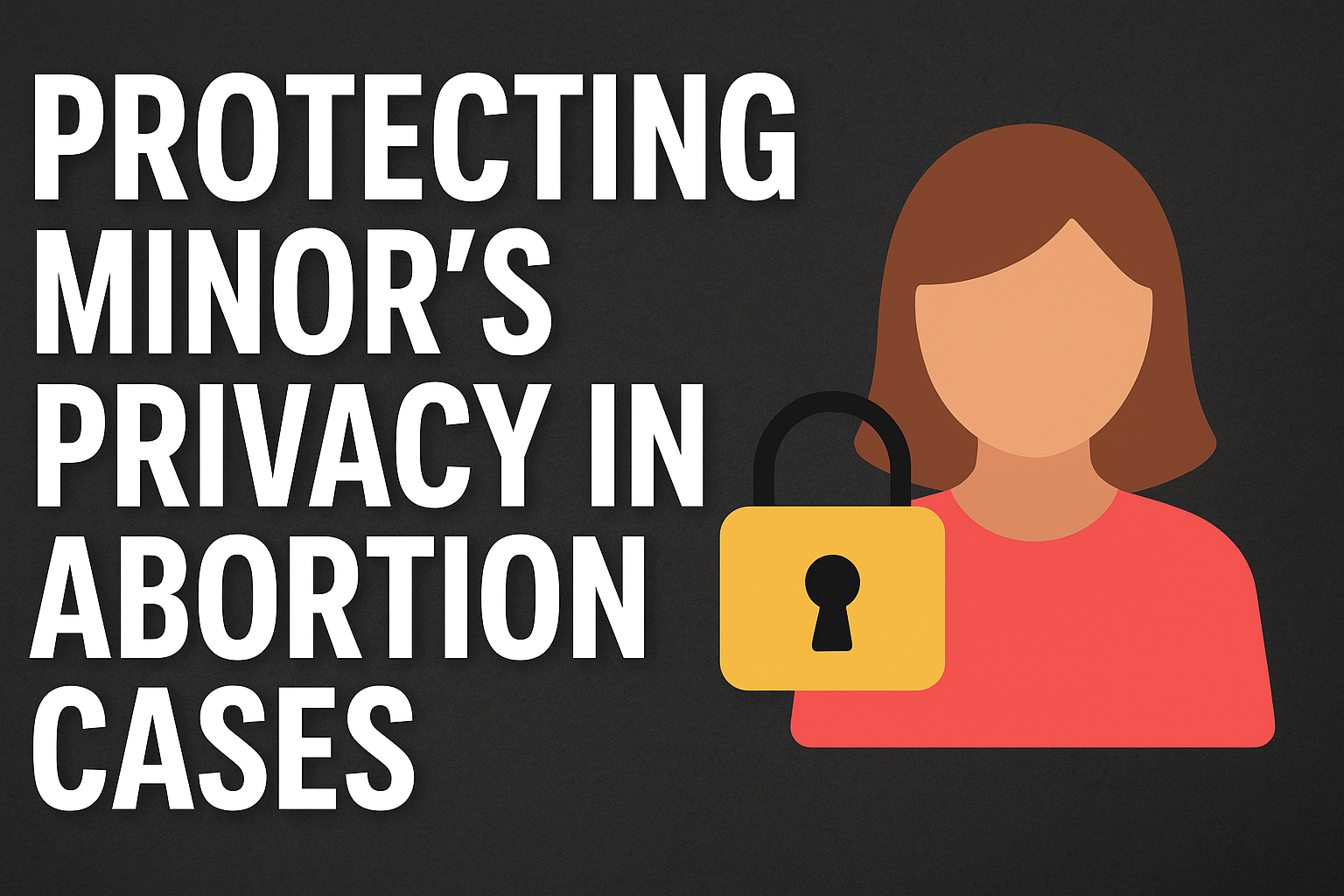
The Bombay High Court has recently asked the Maharashtra government to draft clear guidelines within three weeks to protect the privacy of minors who seek medical help for unwanted pregnancies. This order comes after doctors raised concerns about how the system often places both adolescents and medical practitioners in difficult positions.
The case was brought forward by a group of doctors, including gynecologist Dr Nikhil Datar. He explained that doctors are caught between two responsibilities. On one hand, they must protect the privacy of young girls who approach them. On the other hand, they are legally required to report cases to the police under the Protection of Children from Sexual Offences Act (POCSO). This law was created to protect children from sexual crimes, but in practice, it creates confusion when dealing with consensual relationships between adolescents.
According to the Medical Termination of Pregnancy Act in India, minors need the consent of a parent or guardian for an abortion. At the same time, POCSO requires doctors to inform the police if a minor is involved. This overlap means that even in cases of consensual relationships between teenagers, the police become involved, which may cause distress and invasion of privacy.
Doctors argue that the law in its present form does not recognize the sensitive reality of adolescent relationships. They say that forcing police involvement in every case punishes young people instead of protecting them. For example, many adolescents aged fifteen to eighteen may enter consensual relationships with peers. Yet the law treats such cases the same as criminal acts, leaving little space for understanding or compassion.
Dr Datar suggested that the government should introduce a “cool off period.” This would mean that if both adolescents are close in age and the parents or guardians also agree, there should be no need for immediate police action. He also recommended a simple template for doctors to follow so that they can maintain patient confidentiality while meeting legal requirements. This could ease the pressure on medical professionals who currently struggle with unclear rules.
The court’s order opens up a larger debate about how society views adolescent sexuality and the rights of minors. On one side is the need to protect children from exploitation. On the other is the need to respect the privacy and dignity of young people who may have made their own choices. Without clear guidelines, both doctors and adolescents face unnecessary fear and stigma.
This issue also reflects how laws sometimes fail to keep pace with social realities. The strict application of POCSO may unintentionally harm those it was meant to protect. Instead of safeguarding adolescents, it can expose them to greater stress and loss of trust in medical systems.
The challenge now lies with the Maharashtra government. The guidelines it frames will not only decide how doctors handle such sensitive cases but also signal how the state views the balance between law and compassion. For adolescents, this could mean a future where their privacy is respected and their medical needs are met without fear. For society, it is a chance to move toward a more humane approach to teenage reproductive health.





















